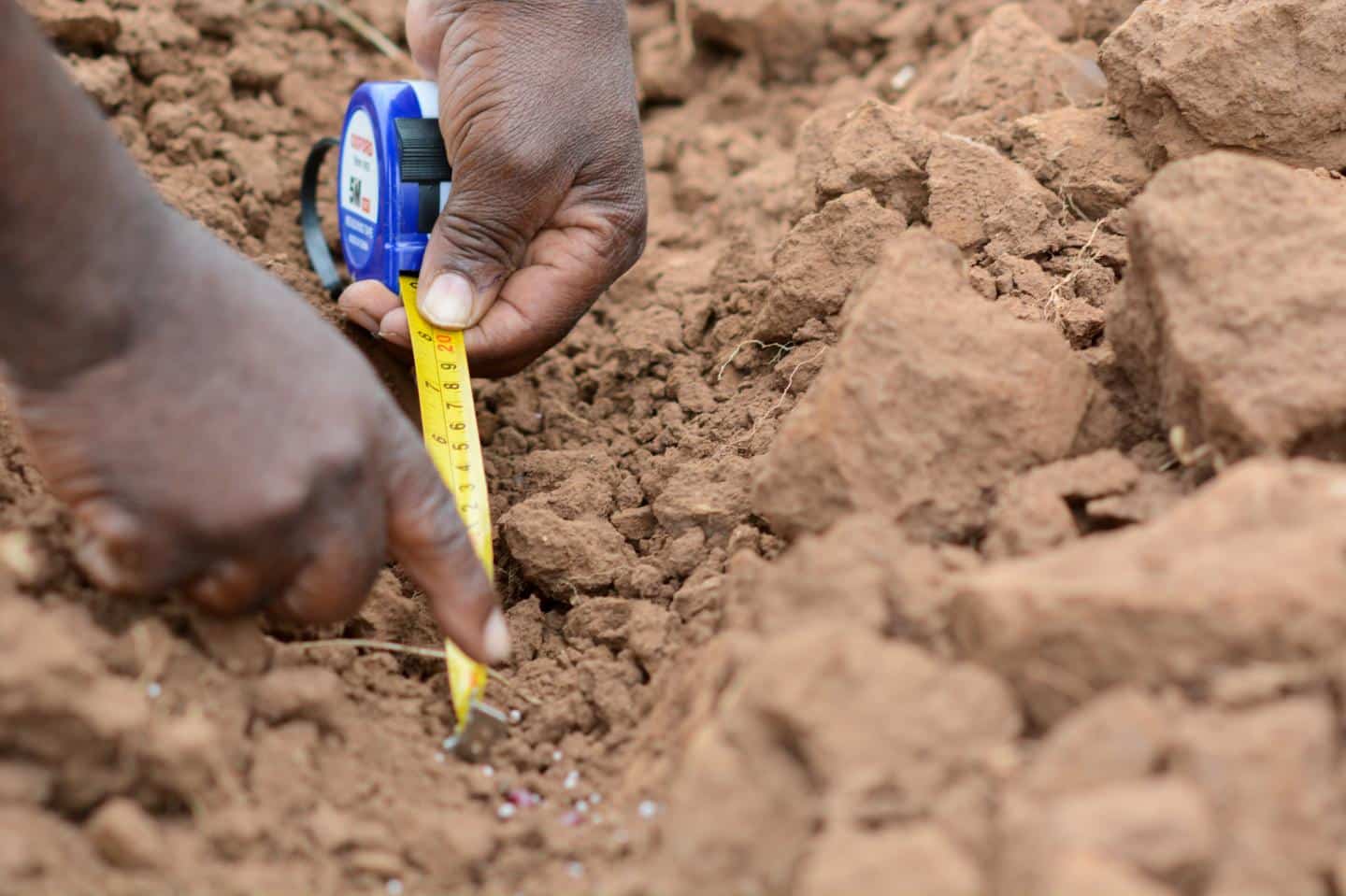The COVID-19 pandemic presents an opportunity to transform food systems and achieve sustainable development. But the lively policy debate on which policy approach will promote agricultural development in Africa still prevents progress.
Debates include: Do small-scale farms have development potential or does supporting them promote ‘romantic populism’? Are input subsidy programs an effective strategy to increase agricultural productivity? What role should the government play?
In new research published in World Development, economists argue that a dichotomy between either state-led or market-led approaches to boost food production leads to political deadlock that hinders alternative solutions.
State-led or market-led policy to boost agriculture?
State-led oriented approaches tend to favor incentives, such as fertilizer subsidy programs for increasing agricultural productivity. Market-led approaches favor competitive approaches led by the private sector.
Using policy-making in Senegal as a case study, authors say empirical analysis of economic incentives like subsidy programs for fertilizer, and critiques of such incentives, must be complemented by an analysis of narratives that unravel the policy ideas of decision-makers.
Both sides must be more open to alternative solutions not only based on already-existing evidence, but also through analysis of one-sided ‘stories’ that reveal why specific policies are favored, say the authors.
“To really bring change, we need new frameworks and additional methods,” said Jonathan Mockshell, an Agricultural Economist at the Alliance of Bioversity International and the International Center for Tropical Agriculture (CIAT).
Forging a Way Forward
“We shouldn’t look at numbers only. We need to understand underlying narratives behind the numbers, to study how the use of language influences policy-making. When decision-makers speak, they use persuasive narratives to convey policy positions. Missing such narratives in the policy process and program design is like missing gold in the soil.”
“Amid persistent low agricultural productivity across Africa, cracks in our food systems, locust outbreaks and the global COVID-19 pandemic, it’s not really about who is right or wrong,” said Mockshell.
“It is about finding a better narrative for what works where. The time for achieving the Sustainable Development Goals (SDGs) is too short for this continued dichotomy. We need to bridge the two narratives now to achieve sustained agricultural development.”
Market-Smart Solutions
Regina Birner, Professor at the University of Hohenheim, said: “The actors in favor of state-led agricultural support do have ‘a better story’ as far as the structure of their narrative is concerned. This does, however, not imply that their story is better in a normative sense.
“Or that their prescribed policies are indeed better suited to reach their intended goals than the policies suggested by the authors who favor market-led agricultural support. The actors who favor state-led support have a dominant narrative influenced by what they think is needed to transform the agricultural sector.”
“The counter narrative is that input-subsidies won’t work and crowd out private sector investment. Alternative narratives offer a way forward. An existing example, though not well developed, is “market-smart subsidies”. They are defined as temporary subsidies designed to promote rather than undermine the development of fertilizer markets, for example, by using fertilizer vouchers.
A combination of such state-led initiatives, combined with donor-funded or market-led approaches and input subsidy programs can work, if there is evidence-based policy learning between both camps to better-align policy with reality, say the authors.
Source: International Center For Tropical Agriculture (CIAT)












